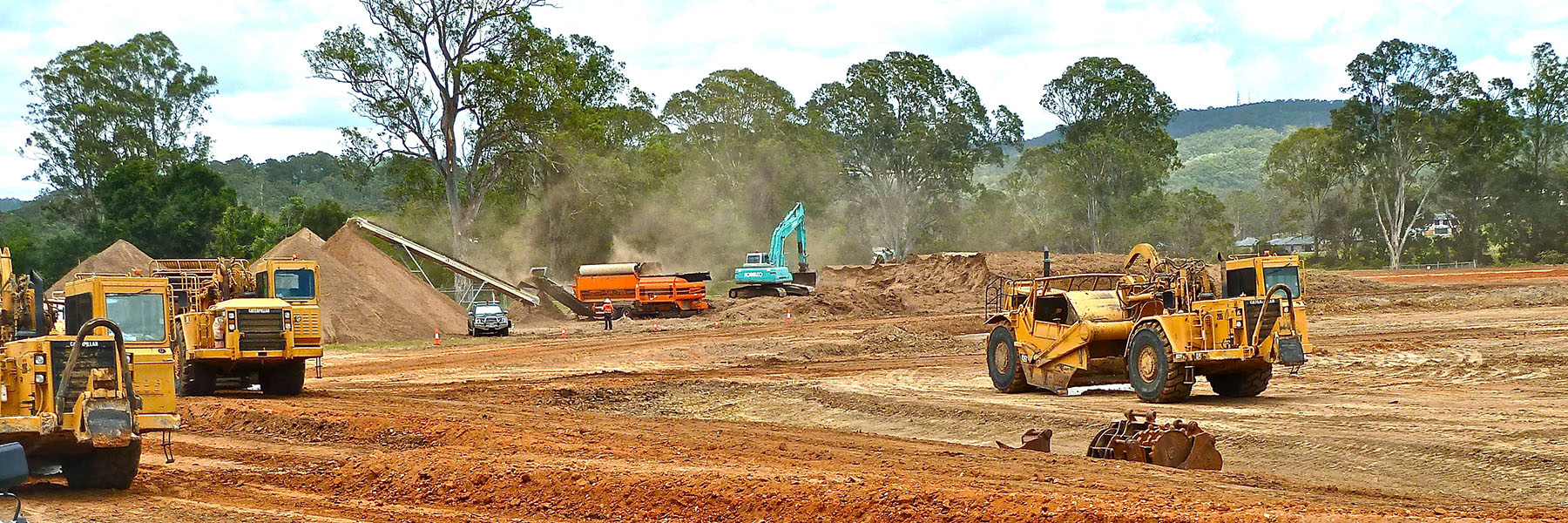5 Important Factors in Raw Land Development
Investors generally combine multiple investment strategies when it comes to raw land development: acquiring land, building a new construction, renting or selling the finalized property. Because this type of deal is complex, it demands a lot of planning by the investor before the raw land is purchased. This should not intimidate the investor, as there are many ways to systemize the process and make it easier to undertake. Investors should prepare themselves by researching the following factors, in this way they will gain more understanding on what to expect when developing raw land:
1. Permits
Permits are an essential for almost any type of development, construction or renovation. It is crucial to research the permits and the anticipated costs along with timelines of obtaining the permits when developing raw land. Many investors underestimate how lengthy obtaining a permit can be and should take it into consideration when searching for and financing raw land developments.
2. Zoning
Depending on the location of the land, it is likely to be in a designated zone such as commercial or residential zone. In some cases, land can be rezoned, however, it is important to note that in your potential timeline for a specific deal. There are other important factors to note about the potential land investment such as whether it is located within a flood plain, a protected wildlife zone, an area with building restrictions etc.

3. Building Department
When planning any new construction projects, one should take into consideration certain building requirements. These requirements are regulated by the city or locality of the land and could have an impact on one’s building plans. One should not rely on others to abide by the building regulations and should do their own research in order to ensure the project is planned properly.
4. Water
When planning a raw land development, water and sanitation are two very important aspects to consider. Investors should determine whether or not there are water and sewage lines as well as existing hookups on the property. Local requirements should be researched during this part pf the process as there are several regulations in regards to installing and operating water lines for a property.
5. Electrical
Investors need to consider the source of power on the property not only for the future building but also for all construction work. One may need to contact local utility companies given that there are no existing power lines on the land. Other crucial aspects of land development such as cable, phone and internet lines should not be forgotten.

